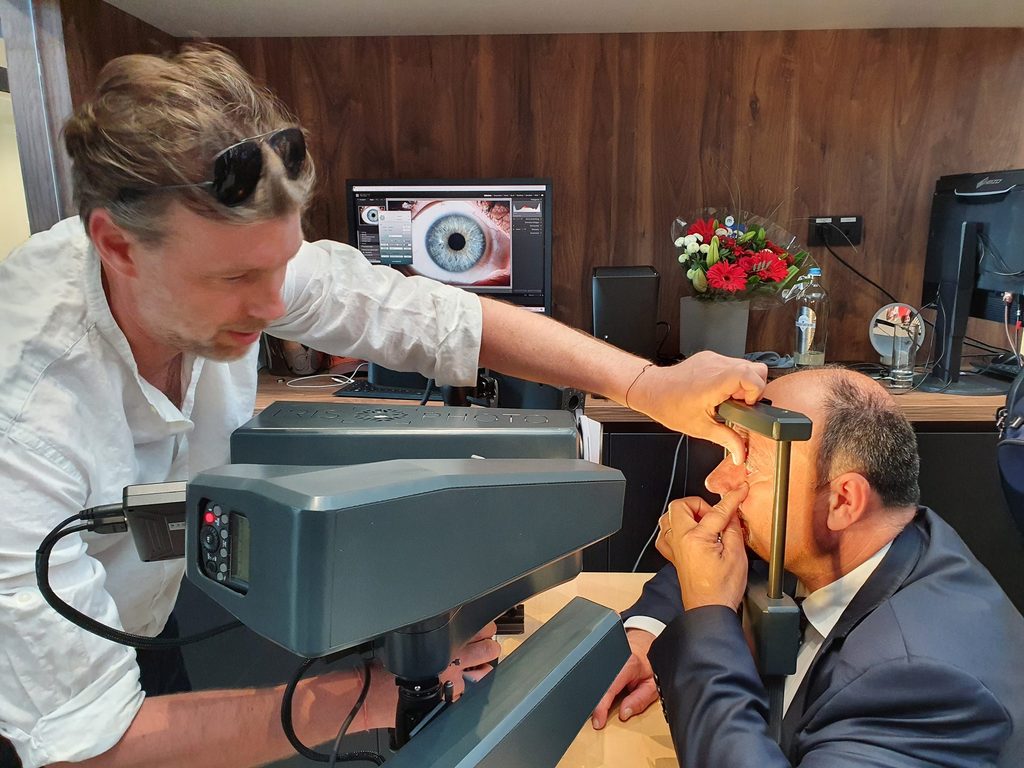From 2024, those who need glasses will only receive health insurance funds for a pair if they have a prescription from an ophthalmologist.
The change was met with disapproval from opticians although ophthalmologists hope that the rule will lead to a rise in the number of serious eye conditions detected.
Until now, people with eye problems normally go directly to an optometrist for an eye test and, when deemed necessary, buy a pair of glasses. Optometrists diagnose and treat eye disorders, whereas ophthalmologists are qualified to carry out surgical interventions in more serious cases.
The new rule will direct people to ophthalmologists in the first instance for a checkup and get a prescription. Only having done so will the person be able to buy a pair of glasses from an optician.
"In our practice, we far too often receive patients with advanced eye conditions that were not recognised by opticians," Marnix Claeys of the professional association for ophthalmologists told Gazet Van Antwerpen. "Opticians are not trained to recognise pathologies. They can take measurements but an eye is much more than numbers."
How often should I get checked?
Once a person has their first pair of glasses, they are not required to return to the ophthalmologist each time they need a new pair. However, for children under 12 who have to wear glasses, an annual checkup is necessary.
But for those between the ages of 12 and 45, it will be required once every 10 years. From 45, it will be every three years and then from 65, every two years. Ophthalmologists can shorten the time between checkups if they consider there to be a need.
If a patient's eyes need to be corrected more than 0.5 dioptres from the ophthalmologist's measurement, they will need to get a new prescription before getting new glasses.
"The new rules aim to prevent patients from suffering irreversible eye damage that could have been avoided," Claeys explained.
Opposition from opticians
Opticians have been critical of the new rule, arguing that they were not included in the decision-making process which took place during the council for paramedical professions. But unlike orthoptists, ophthalmologists and optometrists, opticians are not recognised by the FPS Public Health as paramedics in Belgium.
The waiting times for ophthalmologists have also been called into question and can run to several months, cautions the professional association of Opticians. The association fears that customers will have to wait months and stresses that opticians are able to urgently refer someone to an ophthalmologist if an underlying condition is suspected.
Related News
- Dutch study on myopia calls for less screen time and more sports
- Increasing number of children becoming shortsighted at a younger age
For their part, ophthalmologists hope to cut waiting times by giving the paramedical professions a larger skillset and possibly through enlarging the number working in the profession.
There is a chance that the rule will be overturned as opticians have taken their concerns to the Council of State.

